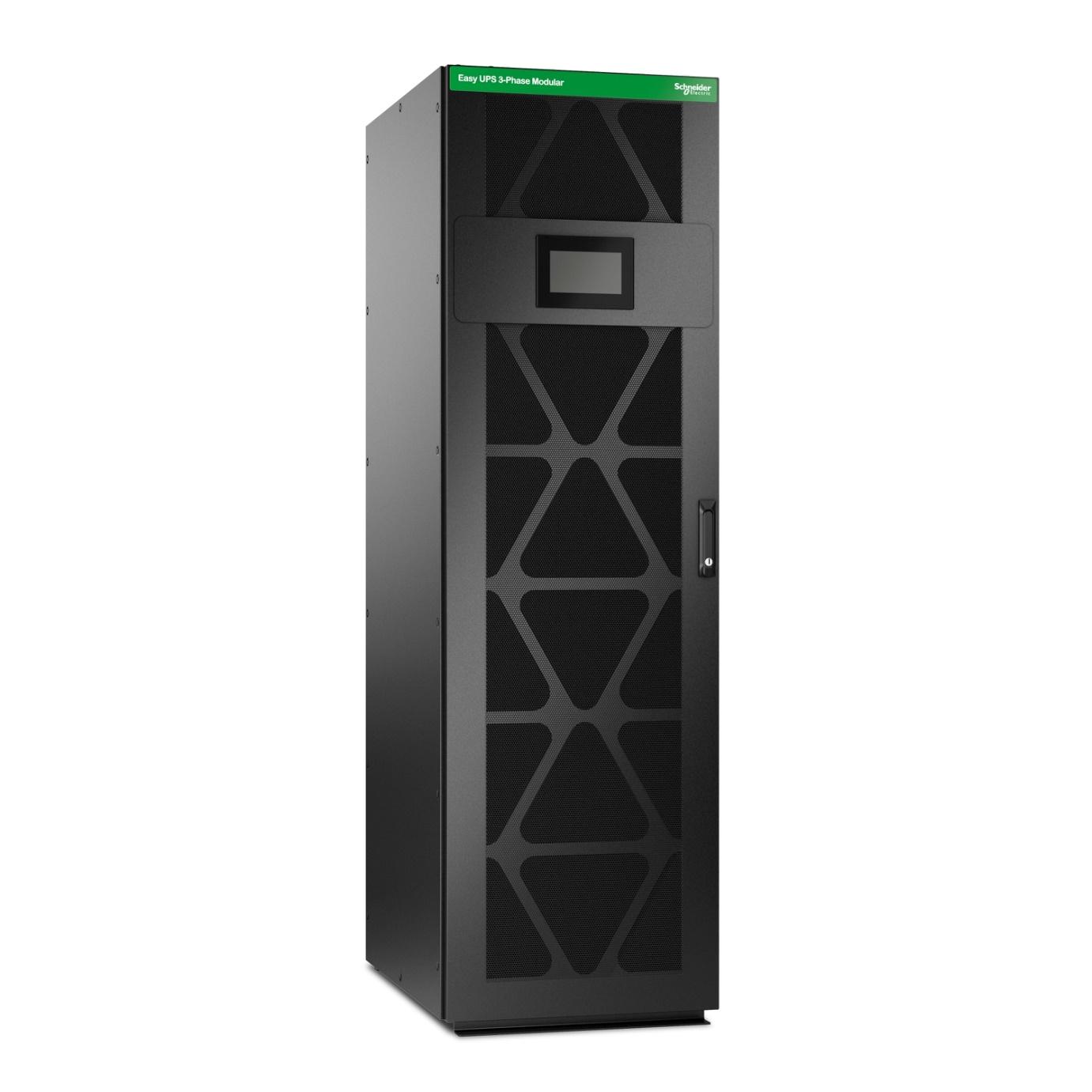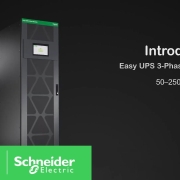What To Do With An Older UPS WhitePaper
In the dynamic landscape of data centre management, the decision of when to replace an ageing Uninterruptible Power Supply (UPS) system is a critical one. Addressing this concern is not a one-size-fits-all scenario; it demands a nuanced approach, taking into account various factors unique to each data centre. At Advanced Power Technology, we recognise the importance of making informed decisions that align with your specific circumstances and requirements.
To guide data centre owners and managers through this decision-making process, we’re sharing the comprehensive whitepaper by Schneider Electric. Titled “Guidance on What To Do with an Older UPS”, this whitepaper provides a straightforward framework to help you answer the pivotal question of when an older UPS should be replaced with a new one.

Understanding the Options
The whitepaper delves into three primary options:
- Run to Fail: Explore the implications and considerations of allowing your UPS to run until a failure occurs.
- Upgrade: Understand the possibilities and advantages of upgrading your existing UPS system.
- Buy New: Delve into the factors influencing the decision to invest in a completely new UPS system.
Why This Matters
In a world where data centre operations are constantly evolving, making the right choices for your infrastructure is crucial. The whitepaper empowers you with insights to navigate through the complexities of UPS management, ensuring the reliability and efficiency of your data centre.
How to Access the Whitepaper
To gain a deeper understanding of these options and make informed decisions about your UPS strategy, we invite you to download the full whitepaper from Schneider Electric. Simply Download on the form below to unlock a wealth of information that can shape the future of your data centre.
Guidance on What to Do with an Older UPS Whitepaper Download
Download Guidance on What to Do with an Older UPS Whitepaper from Scheinder.
At Advanced Power Technology, we are committed to providing you with the knowledge and tools needed to optimise your data centre’s performance. Explore the possibilities, make informed choices, and take the next step towards a more resilient and efficient UPS strategy.



